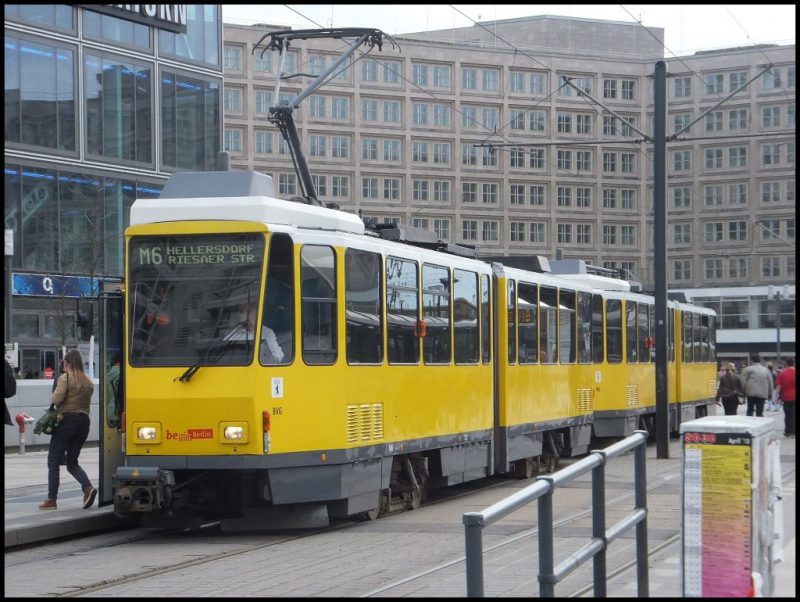Solution provider

Meteorological and climate data-as-a-service provider to increase the resilience of public and private sectors.
Case
Air pollution


Meteorological and climate data-as-a-service provider to increase the resilience of public and private sectors.
Add the case to your visit request and let us know that you are interested in visiting Denmark
This project consist of the collection, chemical analysis and statistical receptor modeling of PM10 filter samples for a period of November and December 2020. It aims to investigate how much abrasion emission by trams are contributing to local hot spot particulate matter concentrations. The data base for emission factors of this mode of traffic is largely unknown because there have been no measurements and the values are taken from larger and faster trains. This leads to arguably high values when the contributions of tram abrasions are considered by consultants and engineers, hence this project constitutes the first real-life measuring campaign of tram abrasion particulate matter.
Studies have shown, that brake and rail wear emissions are proportional to speed, so it is the hypothesis of this project that tram and train emission factors are not directly comparable. Filter analysis and PMF statistical receptor modeling is going to determine the amount of particulate matter concentrations which can be attributed to trams.
We work together with the Leibniz Insitute for Tropospheric Research (TROPOS) who are experts in chemical analyzes. The results of the statistical modeling will be used to provide emission profiles of on-road trams into the database FAIRMODE which is operated by the European Environmentaal Agency. Major benefit will be that projects in which tram abrasion emissions need to be specified can then rely on a more robust data base.